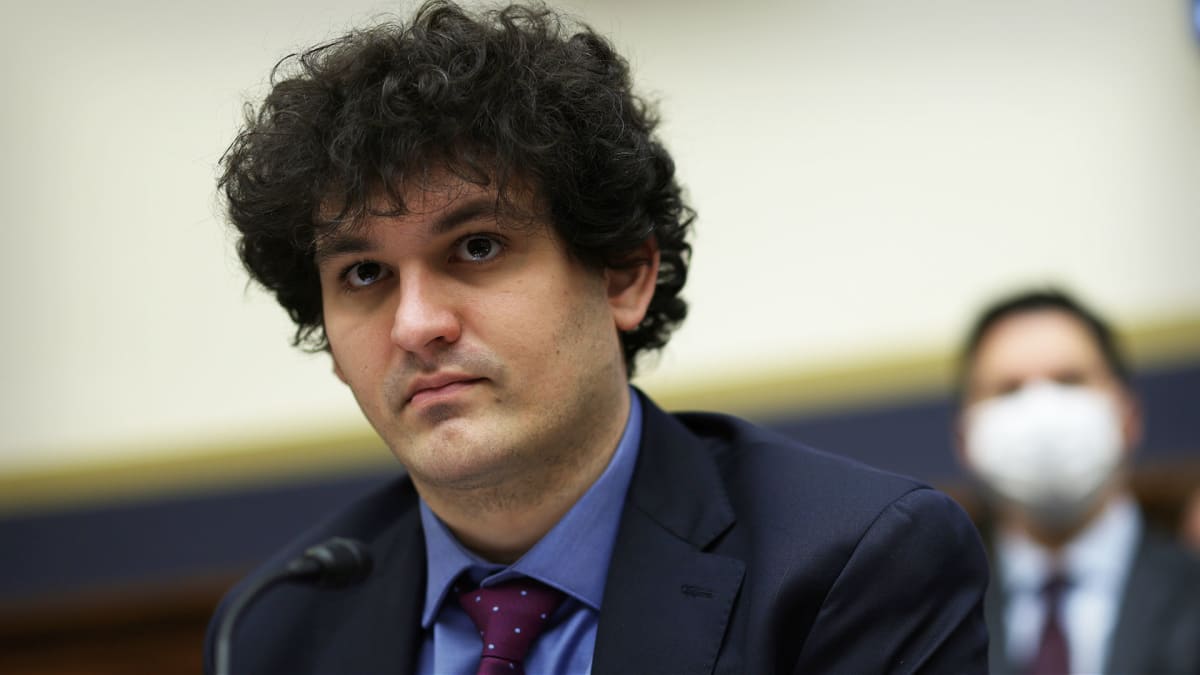
The machinery of government kicks into gear.
After opting for silence since the bankruptcy of Sam Bankman-Fried's cryptocurrency empire on Nov. 11, regulators are going on the attack. The first action was taken by the U.S. Securities and Exchange Commission.
The regulator of the U.S. financial markets unveiled, on Dec. 13, the charges against Bankman-Fried, arrested the day before in the Bahamas at the request of the U.S. authorities, after weeks of speculation on his alleged misuse of funds from customers and investors of FTX.
The SEC, which filed a complaint on Dec. 13 in the U.S. District Court for the Southern District of New York in Manhattan, accuses the former crypto king of "orchestrating a scheme to defraud equity investors in FTX."
Since at least May 2019, FTX raised more than $1.8 billion from equity investors, including approximately $1.1 billion from approximately 90 U.S.-based investors, according to the complaint.
In his representations to investors, Bankman-Fried promoted FTX as "a safe, responsible crypto asset trading platform, specifically touting FTX’s sophisticated, automated risk measures to protect customer assets," the federal regulator argued.
The complaint alleges that Bankman-Fried used funds from FTX clients to feed Alameda Research, his hedge fund which also operates as a trading platform.
'House of Cards'
Alameda was supposed to be an independent business, but in reality, Bankman-Fried had provided Alameda with a "virtually unlimited 'line of credit'" funded by FTX's customers. This, in return, exposed FTX to Alameda’s significant holdings of overvalued, illiquid assets such as FTX-affiliated tokens.
According to the complaint, FTX investors were unaware of the porous boundary between the exchange and Alameda. They had invested in FTX, certain that the firm had adequate controls. Alameda had a "special treatment": the firm was allowed, for example, to carry a negative balance on FTX and was exempt from the exchange's risk protocols.
Bankman-Fried "orchestrated a years-long fraud to conceal from FTX’s investors (1) the undisclosed diversion of FTX customers’ funds to Alameda," the complaint alleges.
"We allege that Sam Bankman-Fried built a house of cards on a foundation of deception while telling investors that it was one of the safest buildings in crypto," said SEC Chair Gary Gensler. "The alleged fraud committed by Mr. Bankman-Fried is a clarion call to crypto platforms that they need to come into compliance with our laws."
In its complaint, the SEC repeated several times that the former trader had allegedly committed fraud and misused the funds of FTX customers.
"FTX operated behind a veneer of legitimacy Mr. Bankman-Fried created by, among other things, touting its best-in-class controls, including a proprietary 'risk engine,’ and FTX’s adherence to specific investor protection principles and detailed terms of service. But as we allege in our complaint, that veneer wasn’t just thin, it was fraudulent," said Gurbir S. Grewal, Director of the SEC’s Division of Enforcement.
"FTX’s collapse highlights the very real risks that unregistered crypto asset trading platforms can pose for investors and customers alike. While we continue to investigate FTX and other entities and individuals for potential violations of the federal securities laws, as alleged in our complaint, today we are holding Mr. Bankman-Fried responsible for fraudulently raising billions of dollars from investors in FTX and misusing funds belonging to FTX’s trading customers."
The SEC charges Bankman-Fried with violating the anti-fraud laws. It wants to bar Bankman-Fried from becoming an officer or director of any public company, and from offering crypto or other securities.
The regulator also wants Bankman-Fried to turn over his "ill-gotten gains," and it is seeking a civil penalty.







